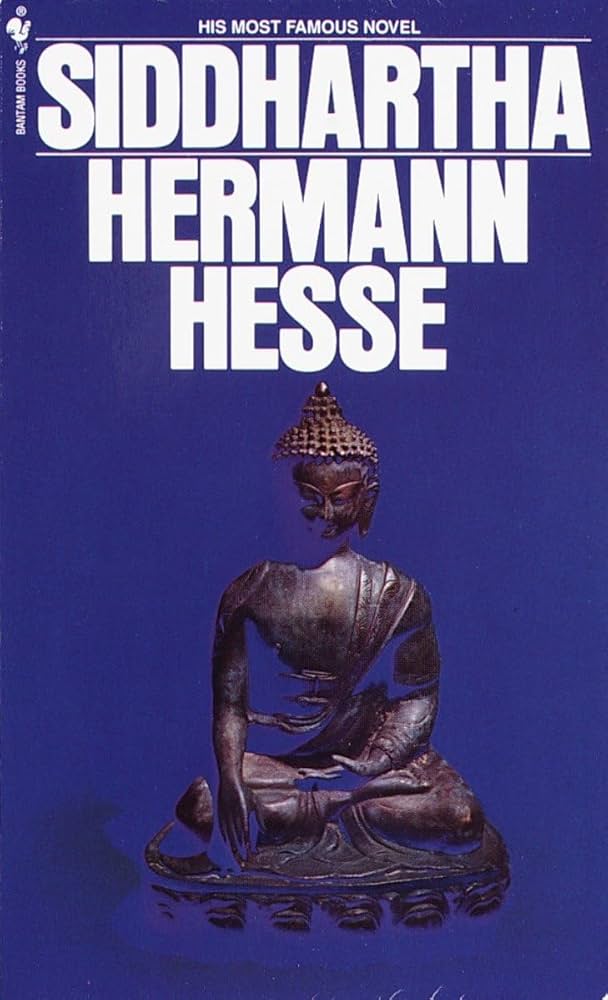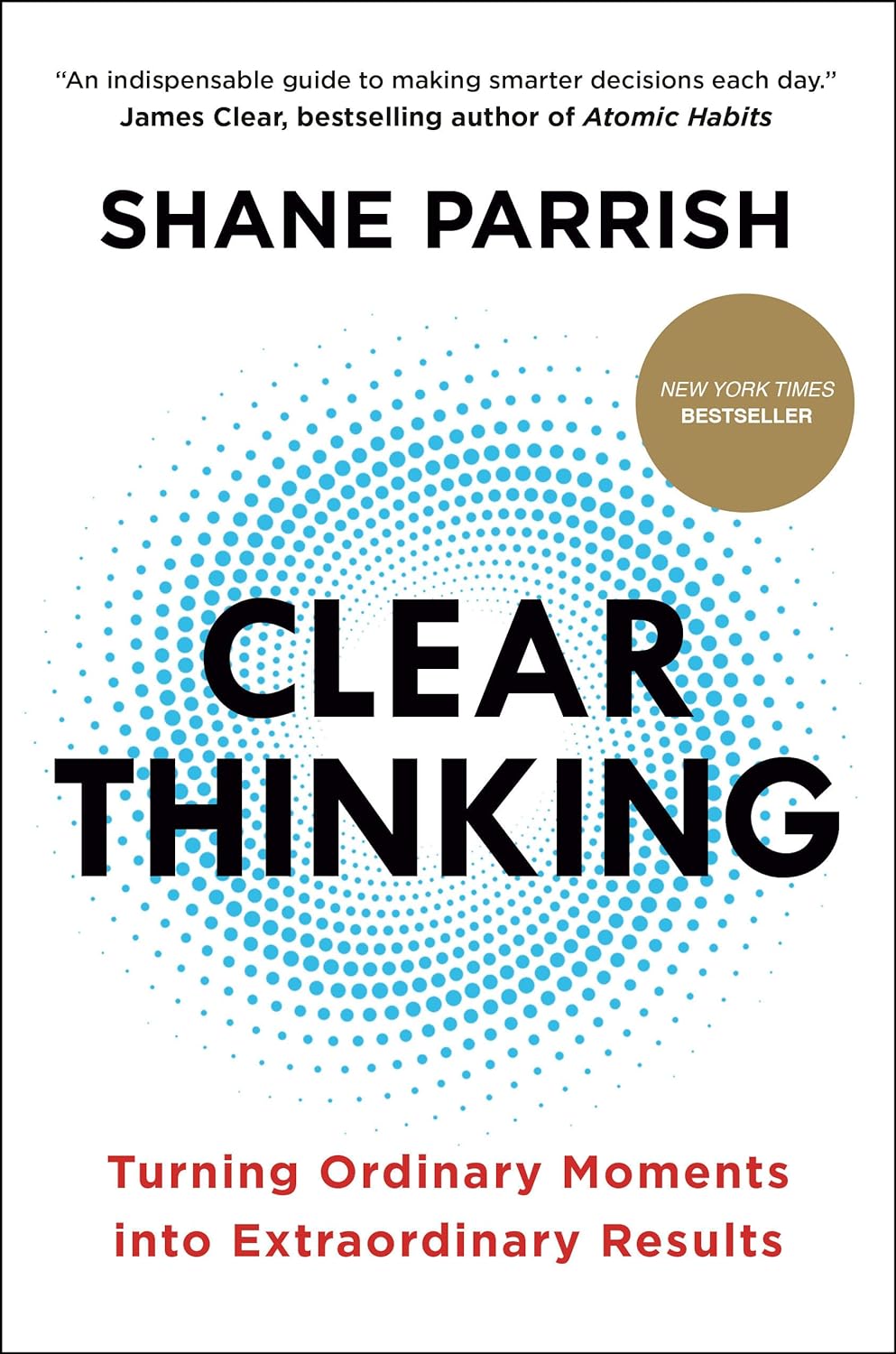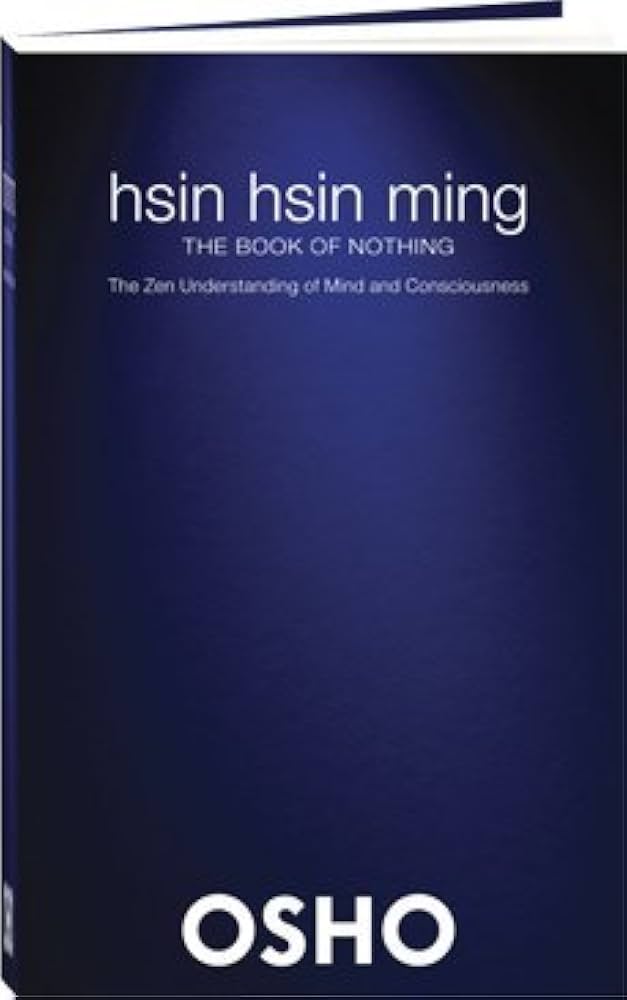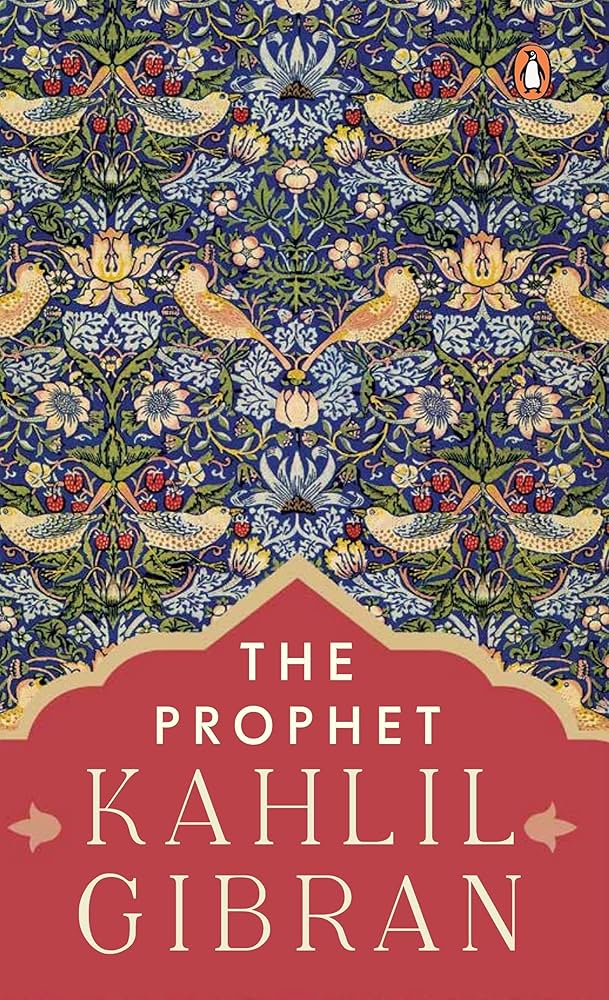
Siddhartha
Hermann Hesse
Siddhartha by Hermann Hesse Is one of those rare books that doesn't just speak to you, it changes something within.
It follows a spiritual journey beyond wealth, rituals, and teachings, showing that truth isn't given, it's lived. What stayed with me is its quiet wisdom: real peace comes not from the outside, but from deeply listening to your own soul. Beautifully simple yet full of layers, it made me reflect on what truly matters.
A timeless classic for anyone who has ever paused and asked, What is the purpose of my life?











